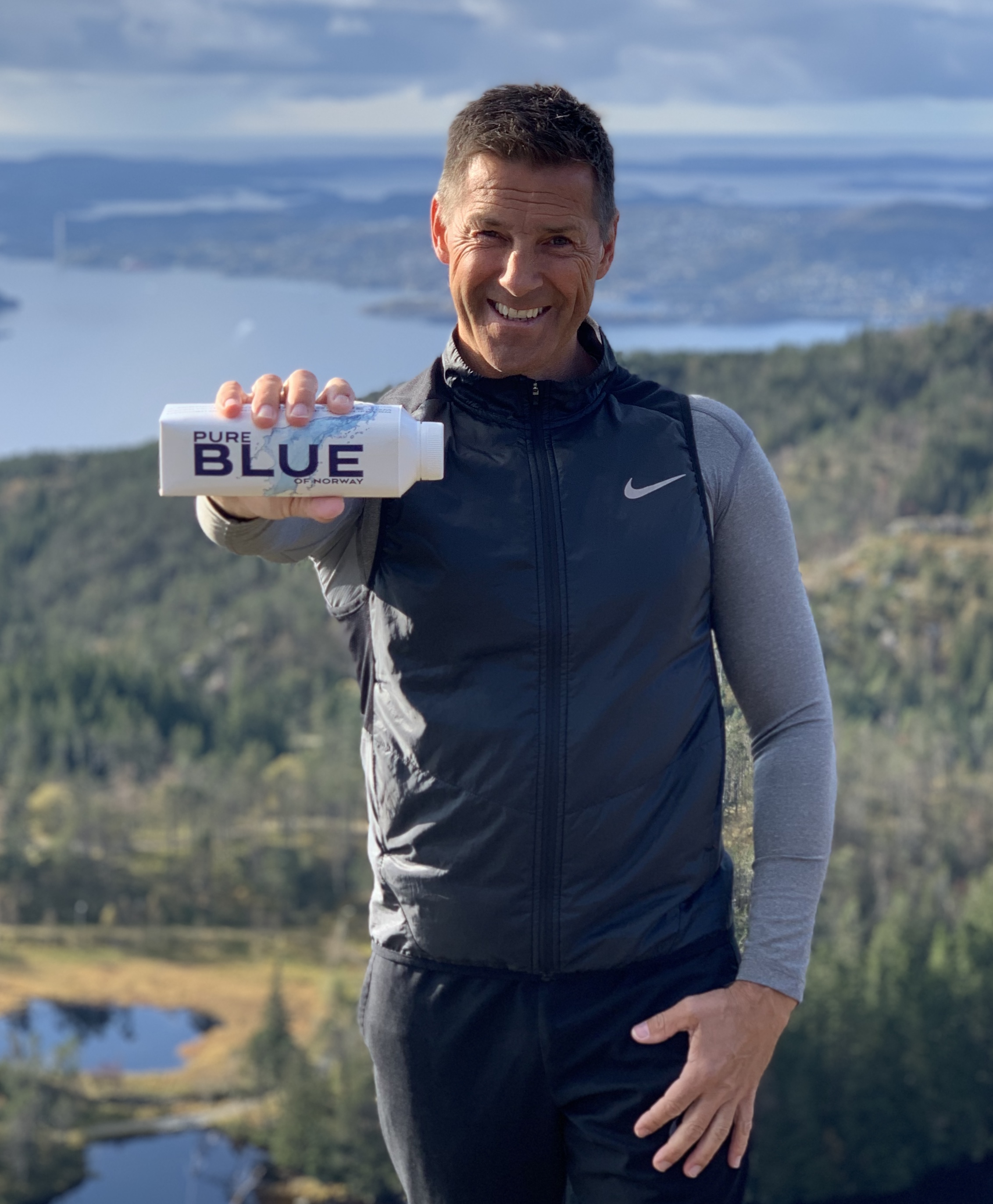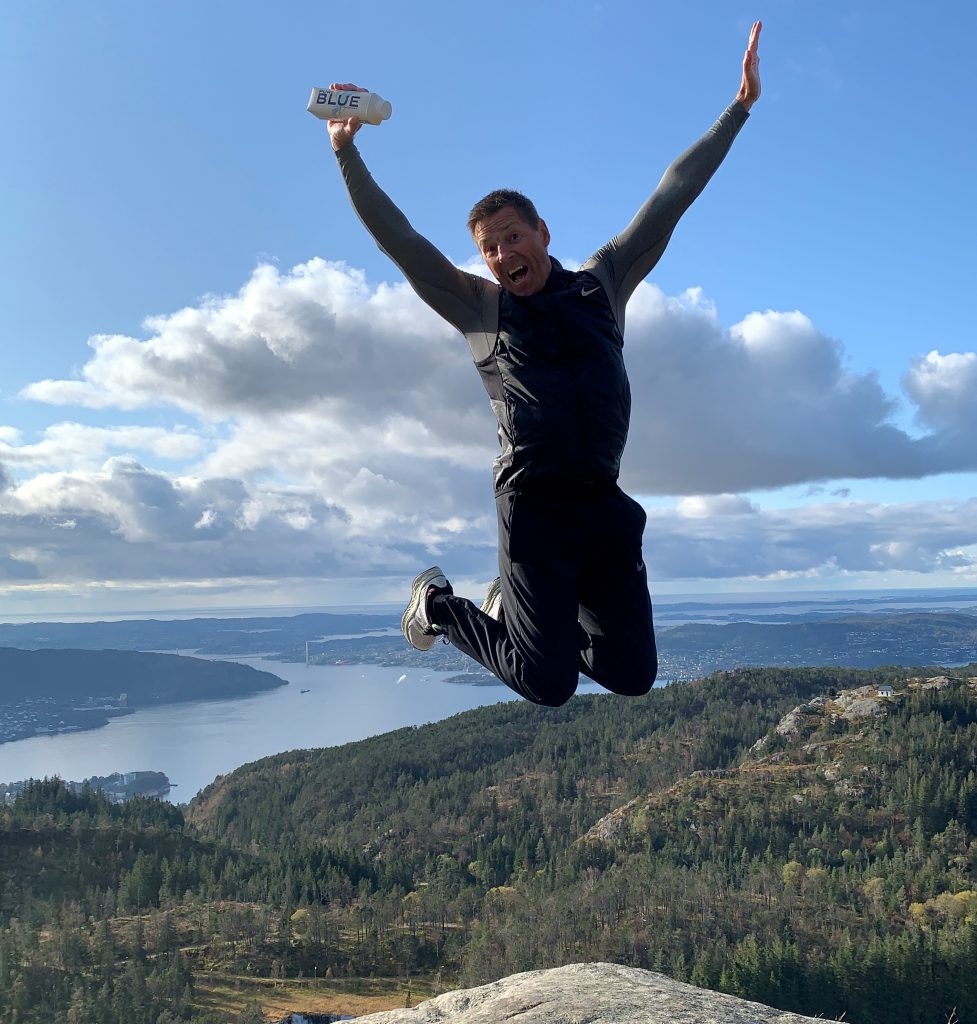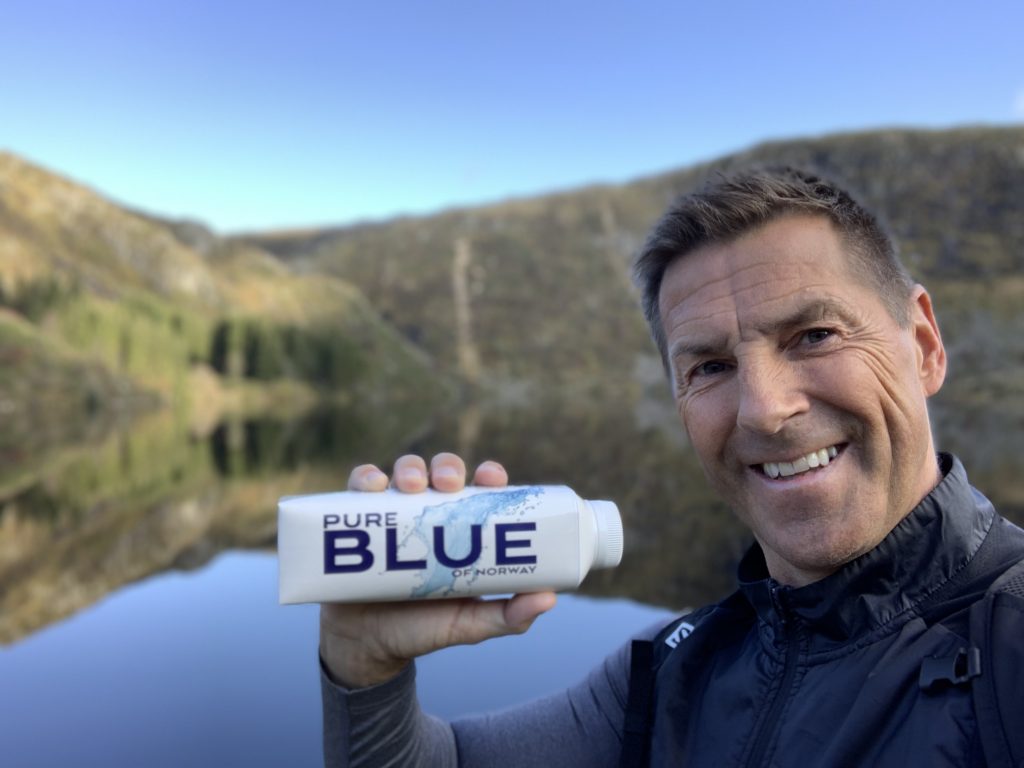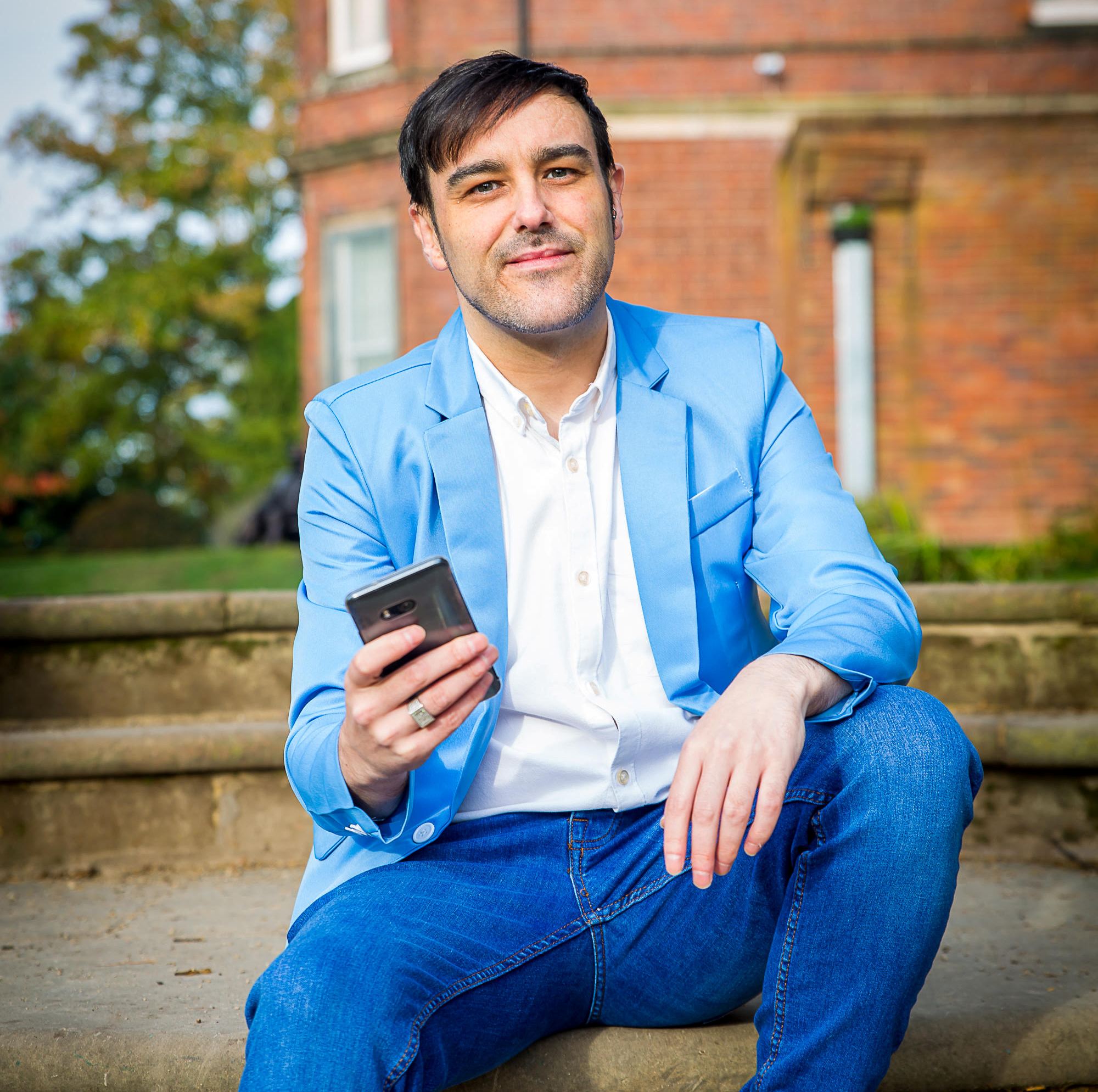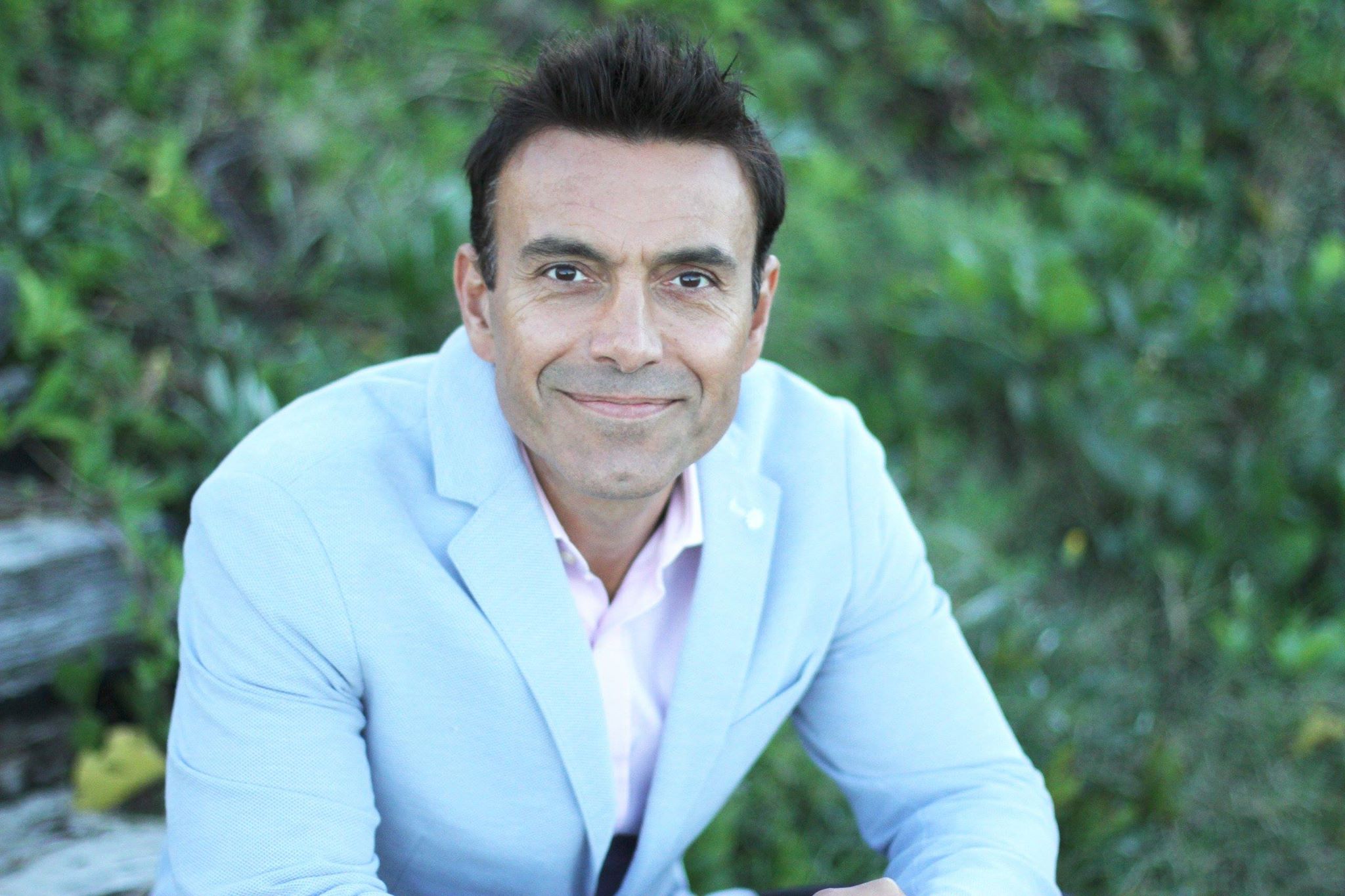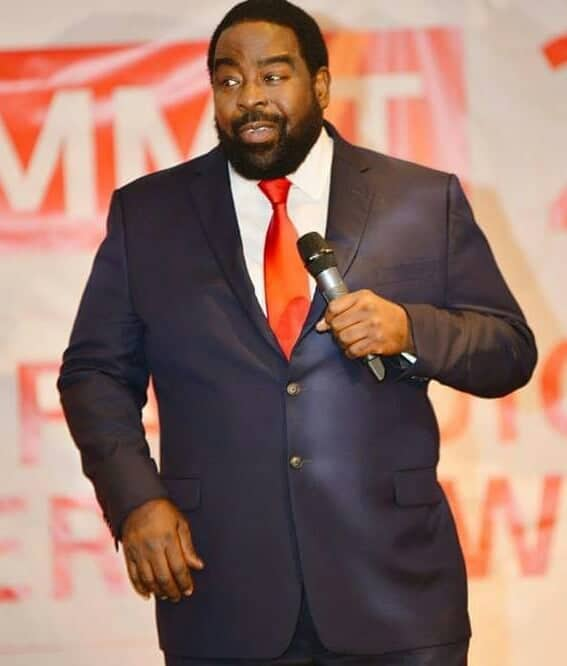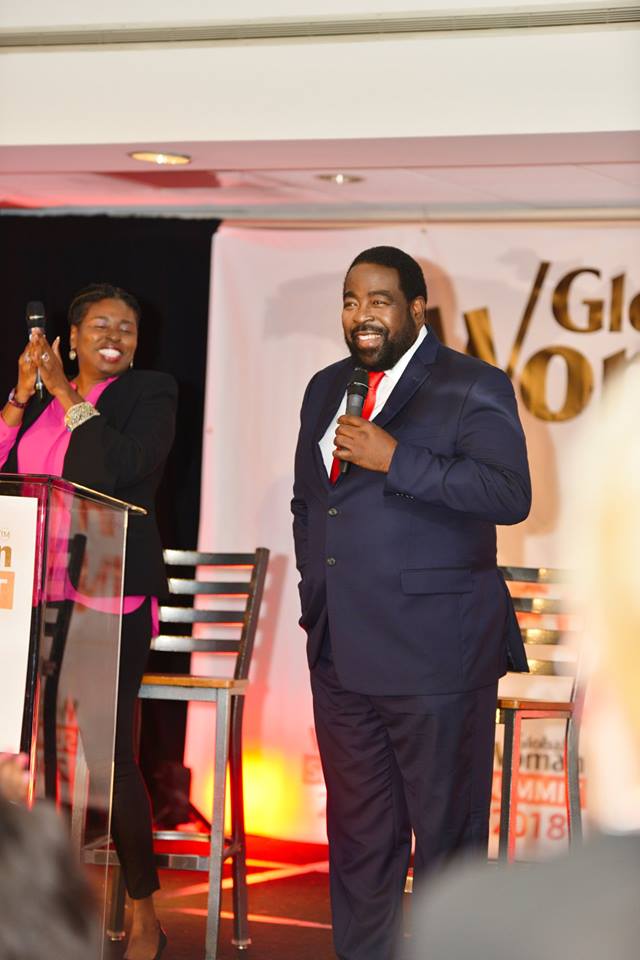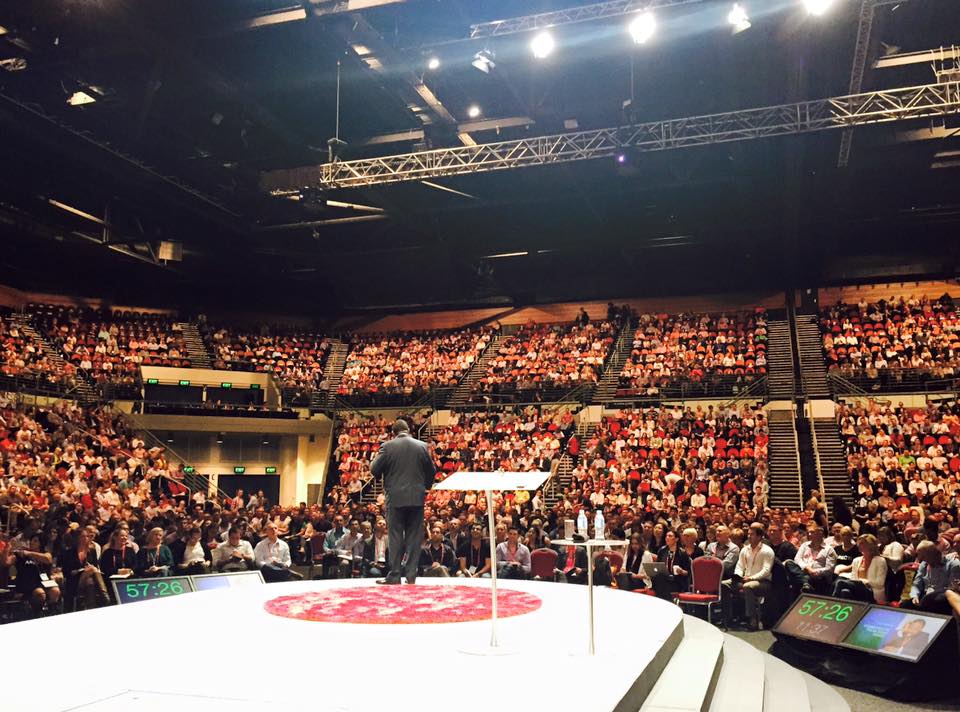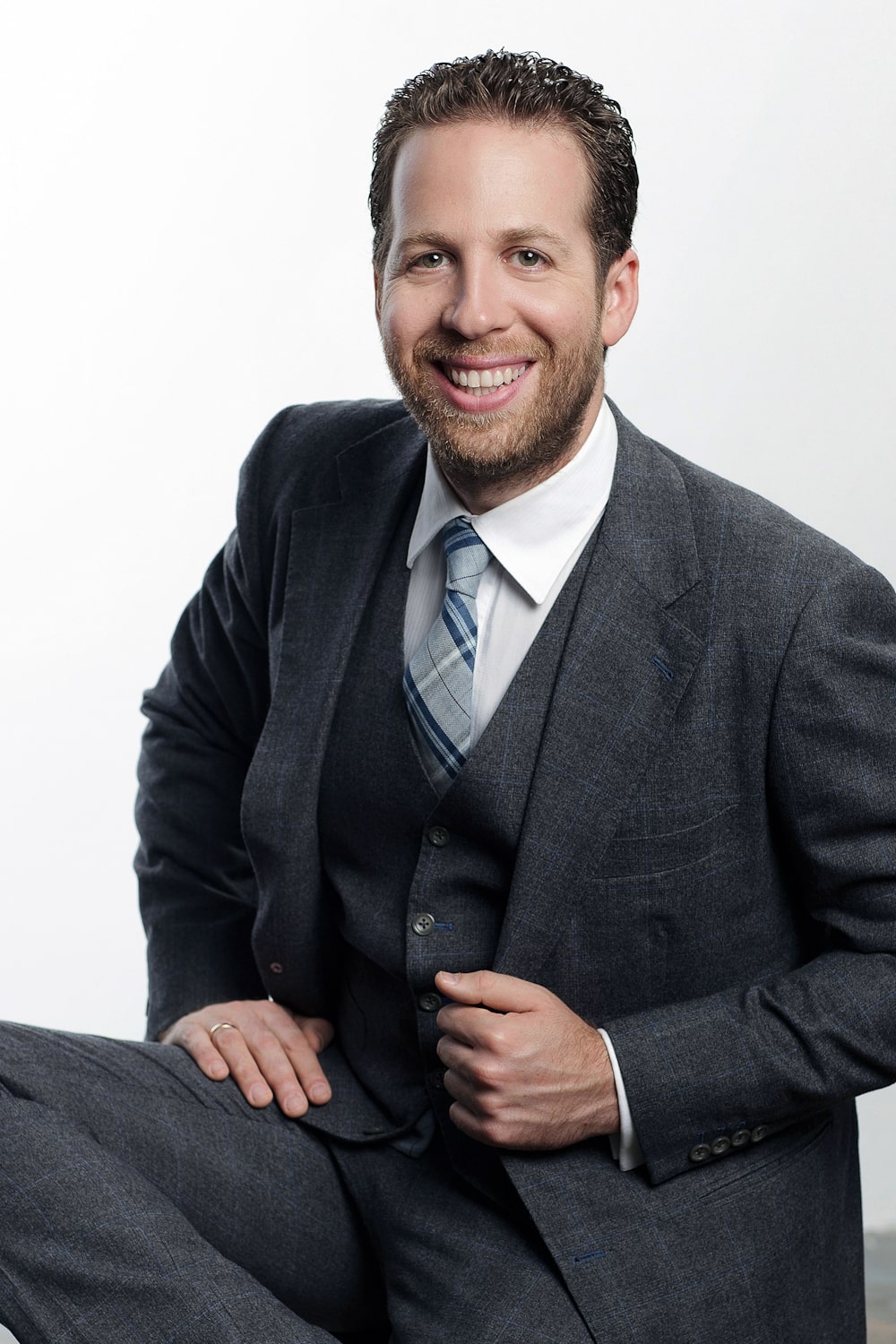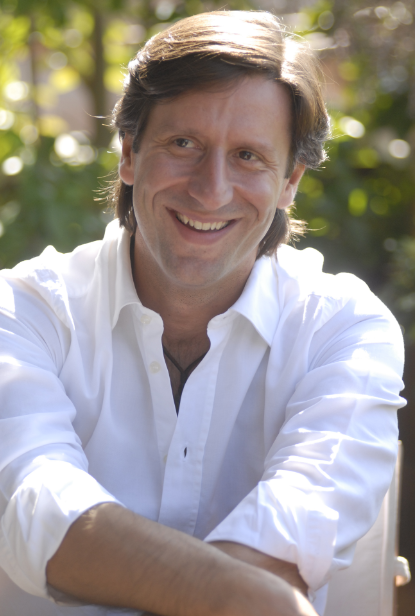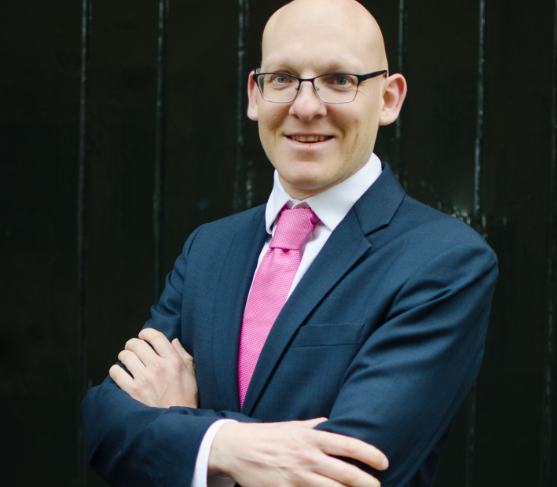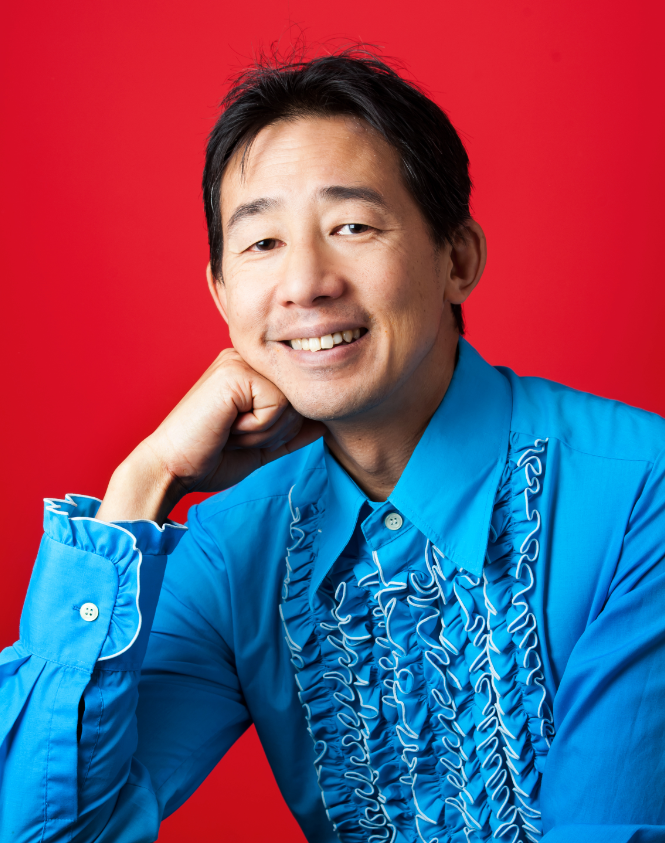By Fati Gorezi
Skip Archimedes is a ‘Transformational Coach’ and internationally acclaimed Speaker and Author, dedicating his life to helping people overcome the physical, financial, personal, nutritional, emotional and spiritual problems in their lives to become the best they can be. His mission is to bring back energy, positivity, achievement, health and vitality into the lives of those who have lost that focus along the way. He says that we should all be living healthy, vibrant, fulfilled lives up to and beyond the age of 100 and improving all the way.
What are a few of your success stories regarding your journey as an entrepreneur?
The first one I remember clearly like it was yesterday, was an idea I came up with at school and came very close to being expelled. I had a very simple idea of selling 50 numbers from 1 to 50 for £1 each totalling £50. I would then draw 3 numbers after I had sold all 50 numbers and the 1st prize was £15, 2nd prize was £10 and 3rd Prize was £5 and I would keep £20. Without knowing any of this was wrong I ran this for many months and everyone including myself loved it. Even though I was totally innocent I was introducing gambling to the school. When the teachers found out I got called in to see the Head of the school and I was told I was going to be expelled from school for the behaviour of encouraging people to gamble. It was only when my step-dad spoke up saying that I had showed great signs of an entrepeneur by not lying to anyone and actually generating an income through initiative. They spoke for some time and it was agreed that if I stopped my little lottery then I wouldn’t get kicked out of school. This hooked me into making things happen and spotting and creating opportunities.
After being told I would never walk again, I learnt from Bruce Lee about activating the Mind, Body and Spirit and getting in tune with universal energy. When anyone does this, the most phenomenal things start to happen in their lives simply because all resistance is gone and flow states emerge. I went back to gymnastics and won the English ‘Sports Acrobatics’ championships. I then got approached by an agent who said I had a very commercial look and would be great for doing acrobatics in TV commercials, pop videos and for live shows etc. I soon landed my first TV commercial and got paid £10,000 for a single day of filming which I loved because I had never earned that amount of money in that short time before and this was over 20 years ago. What I soon realised was that I started getting creative with ideas for things that I could do in shows and for filming that no one else had thought of. I spoke to the clients to find out what they were looking for and then I started making suggestions whilst on set for ideas that I thought would add more value. The response was amazing and soon I started to be the ‘go to’ guy for bringing acrobatics into different environments and I ended up working with incredible companies like ‘The Royal Opera House’, ‘X-factor’, many TV commercials and pop videos, Lord Andrew Lloyd Webber, ‘The Royal Albert Hall’ and artists/bands that would fill stadiums. Basically, I would come up with ideas for adding a flavour of acrobatics into the mix. This was before ‘Cirque Du Soleil’ became popular – so basically I was in the right place at the time with the right talent and creative ideas and I loved it because each contract was a different adventure. And, as far as the business side went, I could literally charge what I liked because no-one else was doing what I was doing – so for a short period I had an open market which was great.
While all this was growing, I started to come up with my own stage show ideas and soon ended up owning and producing shows and sending these shows out on tours all across Europe. One that became very popular was an explosive and dynamic show that involved dancing, acrobatics, fire, stunts, great showmanship and this particular show was a male cast only and was produced for female audiences so we added the element of tease into the production which made it a very unique type of show. I had no clue that this was going to explode, driving audiences crazy all over Europe. I ended up with 16 guys working for me and we would do sell-out theatres with audiences from a few hundred to thousands of women at each event. No one before had produced such a show and we literally dominated the European market and had lots of copy cat groups pop up. But we were known as the industry leaders. It was a great way to see many countries, meet so many great people and I soon found that travelling was becoming one of my best teachers because I learnt that there are so many different belief systems and some serve and some don’t. I feel blessed to have had that chapter because not only did we have lots of fun with so many celebrations, there was millions of pounds made – which is always great.
Since then I invested some of the money I made and owned different businesses, but found that the ones I always did best in were the ones I had passion and drive for that served a specific need. The businesses that really make positive changes in peoples lives are the one’s where that sense of fulfilment really shows up because in my mind, success without fulfilment simply equals failure.
I have faced many challenges, as we all do, but learnt how to turn my challenges into my blessings. I got asked to share these techniques with others and before I knew it I started public speaking to share these life changing nuggets with more people. I then started running my own live events, workshops and retreats around the world. I could see that the processes and experiences I started taking people through were helping people to transform on so many levels. I had never experienced this before and I found it so humbling to be able to assist in improving the quality of people’s lives through these powerful teachings.
I care deeply about doing my part in helping to create a better world, plus I had a real hunger for serving at the highest levels. It became apparent very quickly that a lot people were, and still are, feeding their minds and bodies with things that are draining them of energy and having detrimental effects on them.
I also started to learn the truth about truly nourishing the body and mind – and found that we have drained essential minerals from our soils on a global level. For example, our fruits and vegetables only contain 5-20% of the nutritional value compared to 100 years ago. Natural food is simply a shuttle system to be able to get the nutrients in the food into your body. If the minerals are no longer in the soils then how do they get into our bodies? The answer is – they don’t! This quote got me doing my research: “You can trace every, disease, every sickness and every ailment to a mineral deficiency” – Dr Linus Pauling. This amazing gentleman is a 2 X Nobel Prize winner which, in itself, is pretty remarkable. I didn’t find anyone who contested what he said and through my deep intensive research I soon realised that eating healthy wasn’t enough in todays world if you want to really get the most from your mind, body and life. I knew supplementation was needed, so I looked into that world and continued my research.
I couldn’t believe that all the supplements and superfoods I found weren’t at the standard I would be satisfied with putting into my own body. This, to me, was shocking because these were being sold as health products but were actually doing people more harm than good long term. I ended up starting my own line of ‘Superfoods’ and didn’t put in any bulking agents, fillers or sweeteners and only used the highest quality of ingredients – and also ‘no cheat’ farming techniques. If people knew what was going on behind closed doors and what the harmful effects are of so many supplements I think people would be seriously shocked because the industry isn’t regulated yet.

My strategy was to create the most effective superfoods available that would serve the human body and mind at the highest levels. I knew this would not satisfy a lot of people’s sweet palettes for taste and thus would potentially put off sales. Not a good plan for a business! However, I was looking at this from the angle of simply serving the human body and mind with superfoods and nutrients at higher levels than what was already available. I had to let people know that “It tastes so bad, that you know it’s good for you!”.
Ironically, serving at that level, people really starting noticing a difference in the way they looked and felt and then – as their taste buds started changing – they actually started liking the taste which was great. It’s funny that when you eat and drink things that don’t serve you, you get addicted to those things. And the things that are actually good for you don’t taste good. So many people are out of balance because of poor dietary choices and unfortunately for them, they are suffering for it.
To be able to produce these superfoods that are helping people every time they ingest them is something I’m super proud of. I could have sold out and used cheaper ingredients and cheat farming methods that so many brands use to simply earn more profit. However my motivation was in producing something that was of the highest quality available. I never wanted my name or face on the Superfoods but all the experts around me said that people don’t buy into brands today as much as they buy into people. It was said that I’m a living breathing version of someone who has daily demands and responsibilities at high levels. I’m doing business all over the world and travel all the time in and out of different time zones so I need to be on my game consistently. I’m running and working on so many projects and need to have constant clarity, focus and to take actions so that we continue to grow and serve more people. It didn’t make sense from a business point of view to have my name and face on these superfoods but it felt like the right thing to do – to be a living example that these superfoods serve those with a busy lifestyle. They want to be sure that their body and mind can still be nourished at the highest of levels on a daily basis. For me these superfoods are the building blocks that help me to recover, detox, nourish, revive, recharge and energise so that I don’t just survive but I really thrive. And that’s what these do for others who use them too, which of course is a great thing.
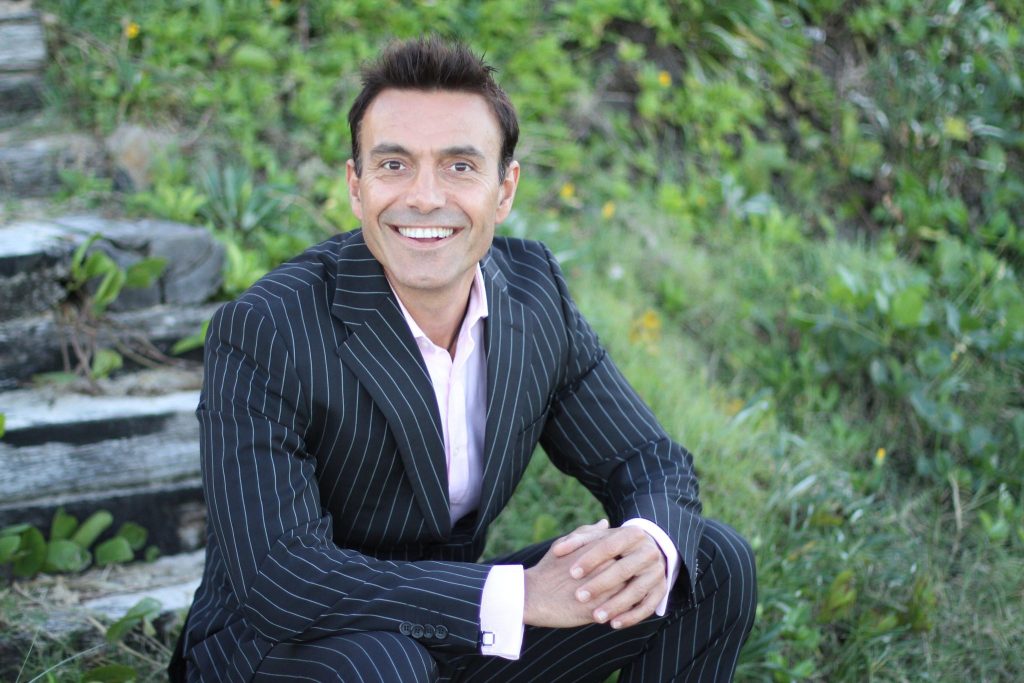
Tell me a bit about your professional background?
I never had any formal training in business which I’ve found does have it’s advantages – because today things are moving so fast. I was lucky because I owned my own Companies so always had the mindset of serving at that level. All the responsibility ultimately ended up on me – so I would always have to figure things out to make things work. Of course I made lots of mistakes, and usually we learn the most when we know what doesn’t work, so we can learn to do what works. I’d like to think I’m a fast learner and learn from my mistakes. Its important to move on and to keep adding as much value as you can. I’ve found myself doing all sorts of tasks and jobs and as long as I bring a good vibe to the table I seem to find the needed solutions always presented themselves at the right times. I have been really fortunate to have had so many great CEO’s, Managers, Business owners and Celebrities that include movie stars, pop stars and one of the Dragons from the TV show ‘Dragons Den’. They all say that my teachings have had the most profound impacts on their lives which is always very nice and humbling to hear.
What inspires you in everyday life?
I now find that the simple things in life inspire me; like nourishing my mind and body with great nutrition, moving my body in fun ways, getting out in nature, meditating to help let go of what isn’t serving me and reconnecting to what will serve; creating and building great relationships and basically living what I teach. Plus, I enjoy working with teams on common visions. I’m sure you’ve heard this: “teamwork makes the dreamwork”. I love feeling those goose bumps all over my body and this is a sign for me that we are on the right path with something and I feel blessed because these always happen multiple times throughout each day. In short, for me its all about helping to raise consciousness and to bring about more awareness to people’s lives so that they can truly live their dreams.
‘’Living Forever Young ‘’? Is this possible?
A massive ‘YES’ jumps out of me to answer that. Firstly I’m living proof because, at 45 years old, I literally feel better today than I did in my 20’s. As well as teaching this amazing lifestyle to people all over the world, the person I’m most proud of is my mother. She was overweight, in and out of hospital with many operations, had high cholesterol, low blood pressure, arthritis, a cupboard full of pharmaceutical drugs and couldn’t walk from one side of the room to the other without being in serious pain. She came to one of my retreats and afterwards lost 28 pounds in body fat and started ‘Living Forever Young’ and continues to do so today. She only started when she was nearly 70 years old and has turned into someone who is hungry for life again. She is a living example that it’s never too late because she now does yoga most days, swims about 100 lengths when she swims, and is more active now than she was 10 years ago.
In the last few years my mum has travelled all over the world for different adventures which she never thought was possible at one point. To see those positive shifts in someone whom I care deeply about and having nothing but love and admiration for is one of the best gifts ever – because she has added another 30 years onto her life and she gets to enjoy the freedom we all deserve. Of course this works especially great for business people because we must learn how to override the stresses of the corporate world and be in a position to add great value BUT the first person we need to learn add value to is ourselves.

What is the formula to ‘Living Forever Young’?
Unfortunately it isn’t something I can write in a single paragraph because its combination of many elements working in harmony with each other but the formula is contained within my book ‘Living Forever Young’ and the secrets can only be uncovered when you actually apply to them to your daily life. This book is a game changer because nothing tastes as good as ‘Living Forever Young’ feels. You basically handle all forms of stress better and lock into a way of living where you thrive in every environment because your mind and body function better – and the side effects are more productivity whilst looking and feeling better, which we all need more of.
What is your greatest strength?
One thing that many people comment on is my everlasting energy. And we need energy for everything in our personal and business life, otherwise things can get on top of us and once the stress takes over (whether its physical, emotional, financial, mental or nutritional) it’s game over for thriving. Along with having this abundance of energy I’ve found that keeping a child-like (not childish) spirit, keeps me learning new things everyday. Some may say I should grow up, but children learn faster than most adults. They seem to naturally have more natural joy and wonder plus they have more energy. They speak more truth and they are now teaching the elders new things because of technology. It’s so important to be able to learn fast in todays society otherwise you can get left behind and by keeping some of the powerful traits that children have, I think it adds more strength and wonder to one’s life. Plus you dream bigger, and, as an adult, you then get to enjoy making those dreams come true.
What is special about your lifestyle?
I simply live what I teach and that means everyday I get to do things I love and am passionate about. Every month I’m in pretty much in a different country and time zone so I get to see so many beautiful places around our amazing planet with amazing people which I’m very grateful for. Whilst on my travels and adventures I always make sure that I have lots of fun creating as many memorable and magic moments as possible whilst serving. There was a time when I never dreamed this was possible – but I’m living proof that this lifestyle works on so many levels.
How are the current innovations happening in positive psychology influencing wellness coaching?
Anything positive is always a good thing and there are many coaches all using different techniques to help their clients. I personally feel that if you’re going to take on responsibility to coach someone then you need to have a high level of understanding psychology in depth – otherwise you simply won’t be able to serve at levels that really help the client to breakthrough their challenges. Taking a holistic approach to the study of human strengths can only be a good thing because all the successful people I meet seem to create positivity and find strength from that.
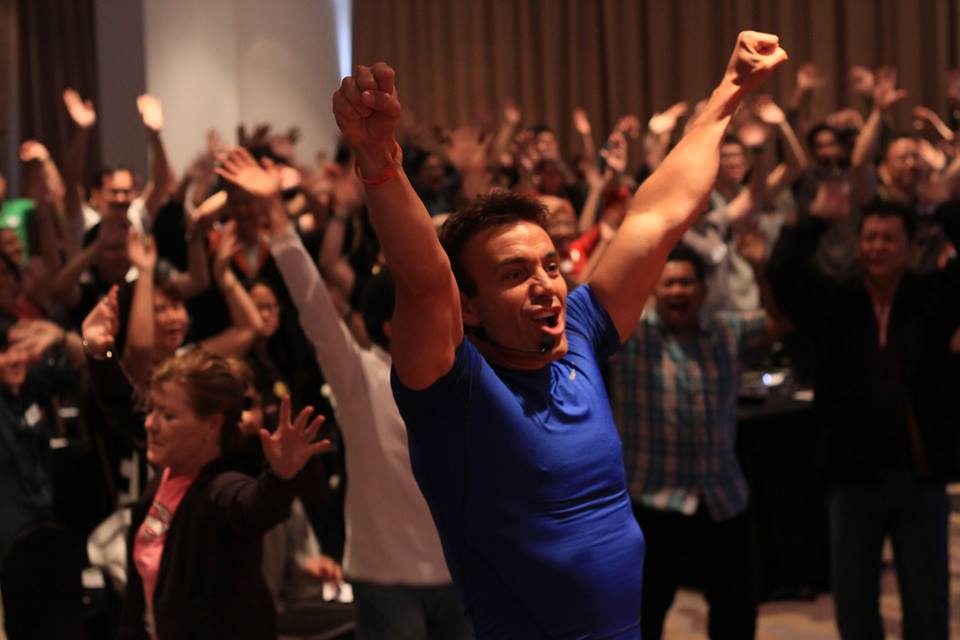
In your opinion what is the mindset that new entrepreneurs require in order to actually succeed in a digital world?
I actually think that the mindset needs to direct all entrepreneurs so that they never sacrifice their own health for their wealth. In my seven week online programme called ‘Connect NOW’ (for Limitless Empowerment) I teach entrepreneurs how to activate themselves and to create the right balance so that the body, the mind and spirit can all function at higher levels which will help produce better results. You’ve heard the saying, “use it or lose it” and the same goes with your mind, your body and your spirit. So many people then take action but in the wrong direction which then does them more harm than good.
If you don’t use your mind, body and spirit correctly and consistently, they won’t function well and you may even risk things shutting down on yourself which could be disastrous for yourself and your loved ones. Through the seven week journey on ‘Connect NOW’ you simply use the activations for your mind-body-spirit and let the force of life start working through you. This plugs you into life where you have more balance, more alignment, more energy, more creative solutions and a lot more fun – even if, at present, you have a busy and stressful lifestyle. The reason this is essential is so that we spend time away from things that are digital to work on ourselves – so that when we do use technology we learn to use it efficiently and productively. This, I actually think, is something very important to address because technology is only going to keep evolving. But we, as humans, must unplug from the addictions that can cause the body, mind or spirit to suffer. Learn how to activate your body, learn how to properly activate your mind and learn how to open up – so that life, universal intelligence, source energy – call it what you will – can pulse through you at these high levels. Then you’ll want more and more because this is life at its best – and ‘Connect NOW’ assists in giving people this. This entire programme is actually digital but it does teach you how to go inside to find the answers you seek whilst helping you to create the body you’re proud of inside and out. The only thing that is with you from the day you’re born to the day you pass is your mind and body and this will teach you what most people never get to learn in their lifetime. The digital age is one that I think is serving humanity and business well in general, because ultimately it allows more truth to be shared. Ignorance isn’t bliss in today’s world so learn what you can from the digital world because it is great. But you must also learn how to unplug from it too.
I would like to gift a place on my ‘Connect NOW’ for Limitless Empowerment by sponsoring someone. Simply send me a private message on facebook explaining why I should gift you this seven week journey where your mind, your body and your spirit will be activated within you, so that you function as the best version of yourself. I look forward to seeing why I should select you for this life changing experience. You must be committed to your greatness and committed to serving yourself and others at higher levels. This will have so many positive impacts on your business because you will become a better leader. I believe we need more honest and authentic leaders in our world today and it would be my pleasure to assist you on that journey.
Do you have a favourite quote regarding business/entrepreneurialism that you would like to share with the readers?
“As soon as something stops being fun, I think it’s time to move on. Life is too short to be unhappy. Waking up stressed and miserable is not a good way to live” – Richard Branson.
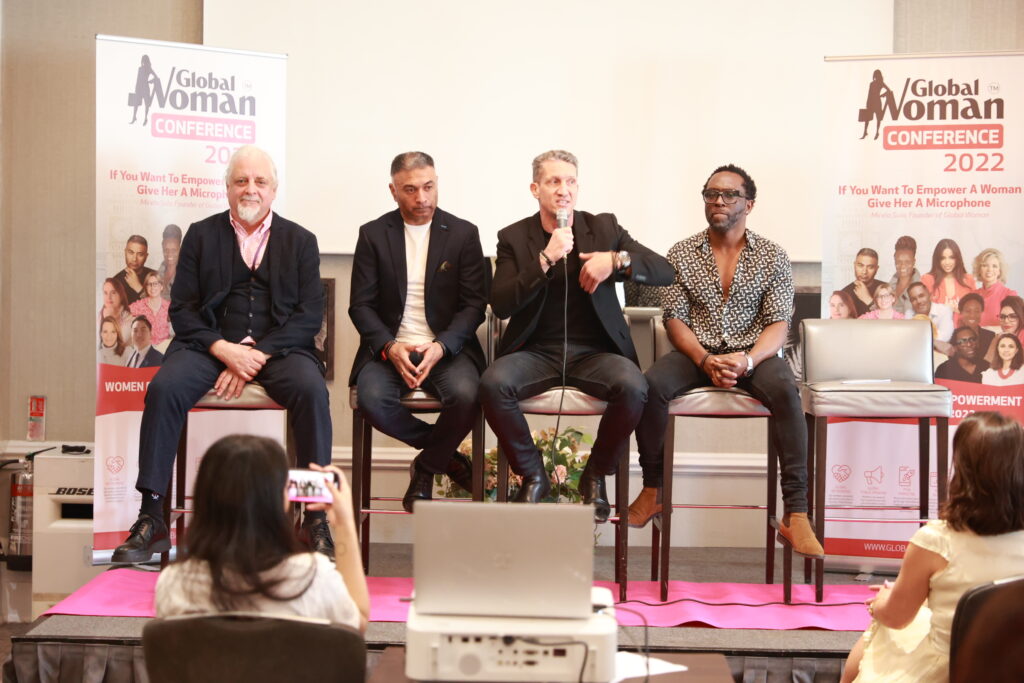
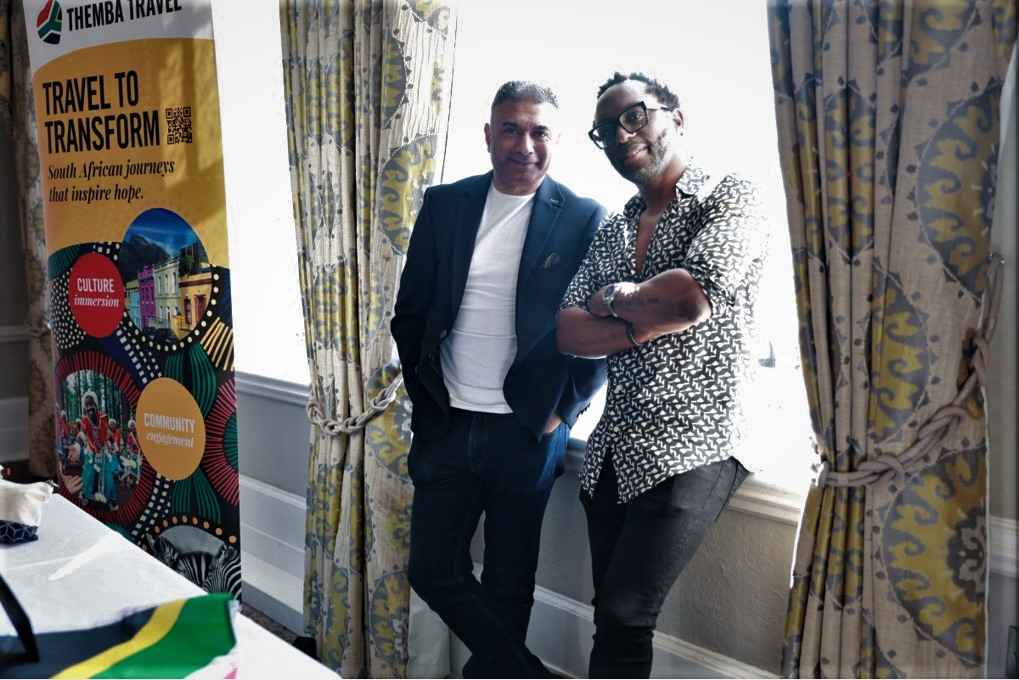
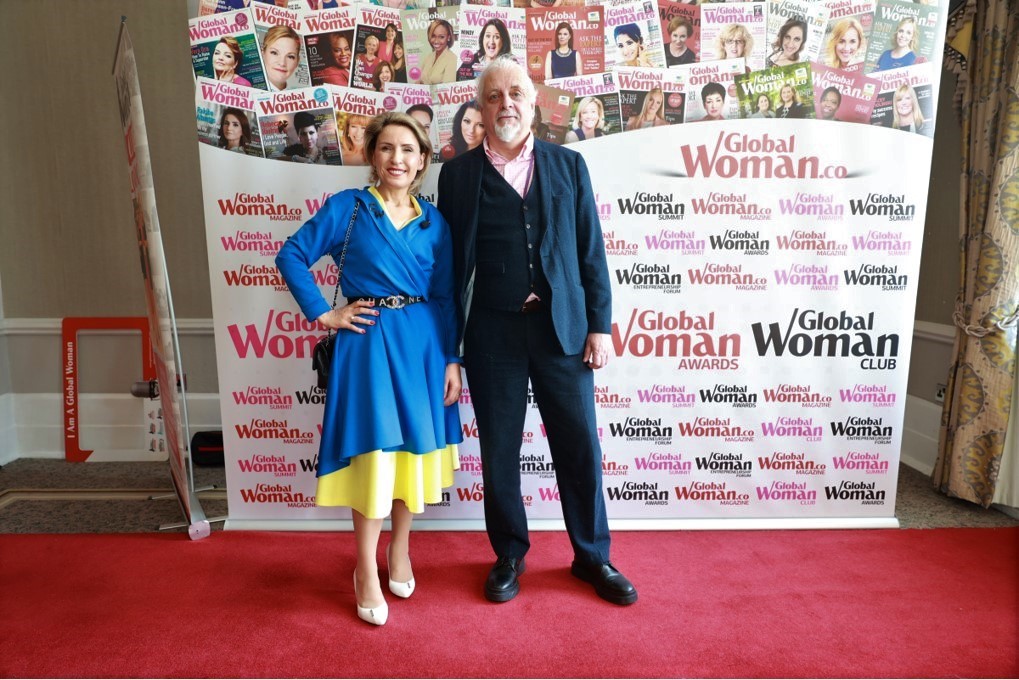



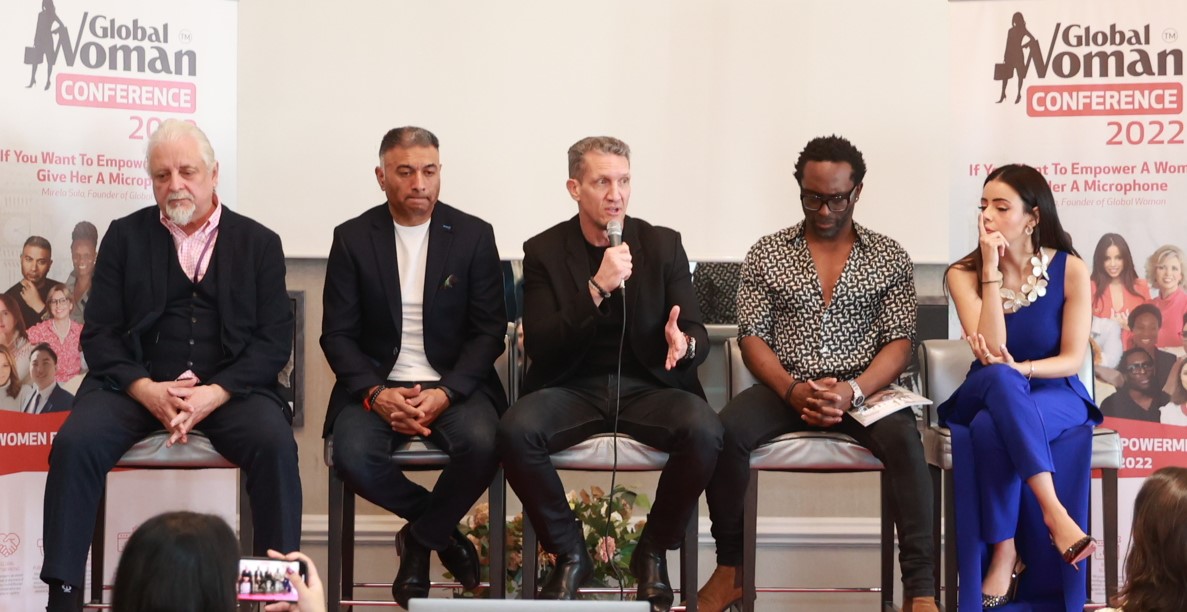
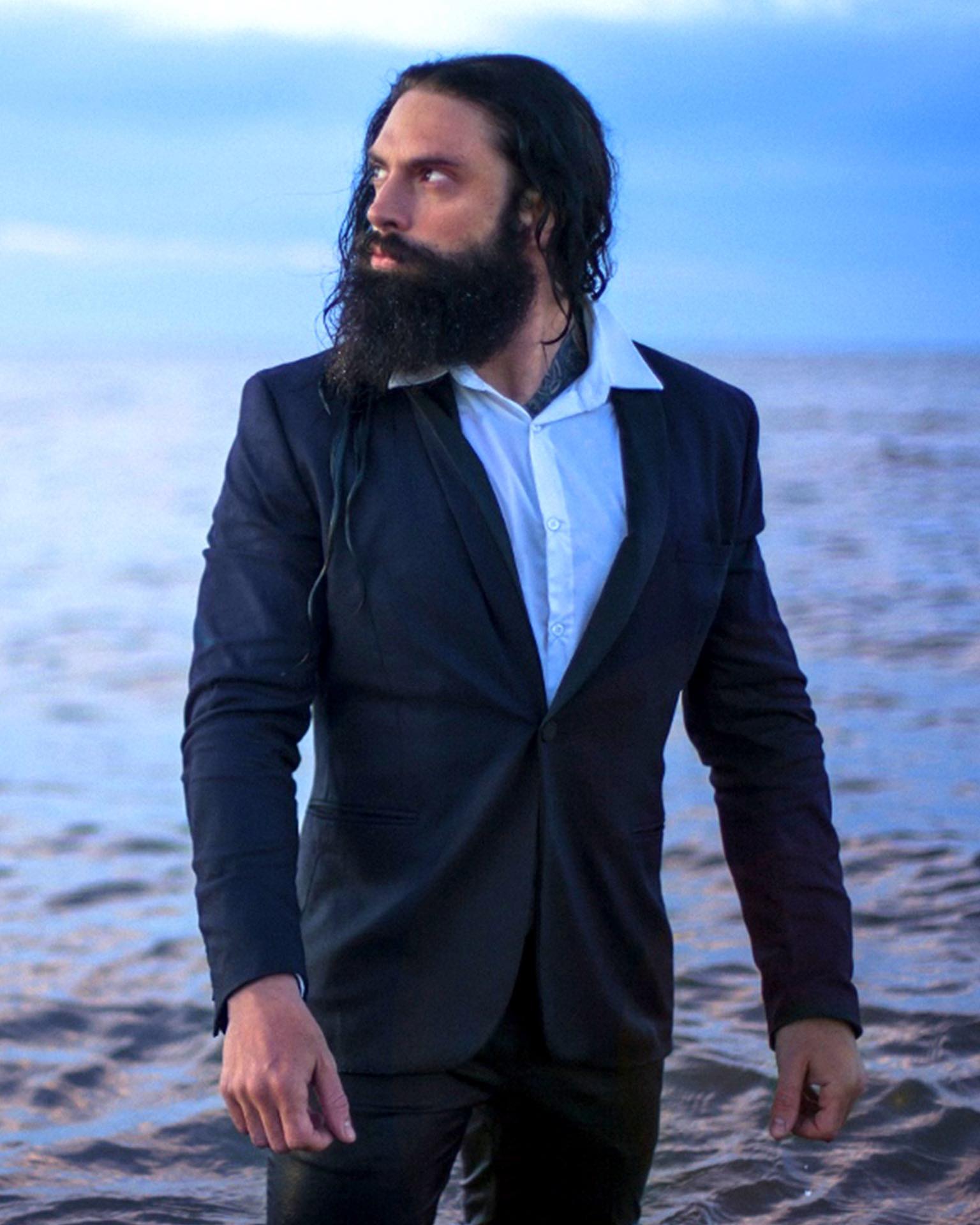

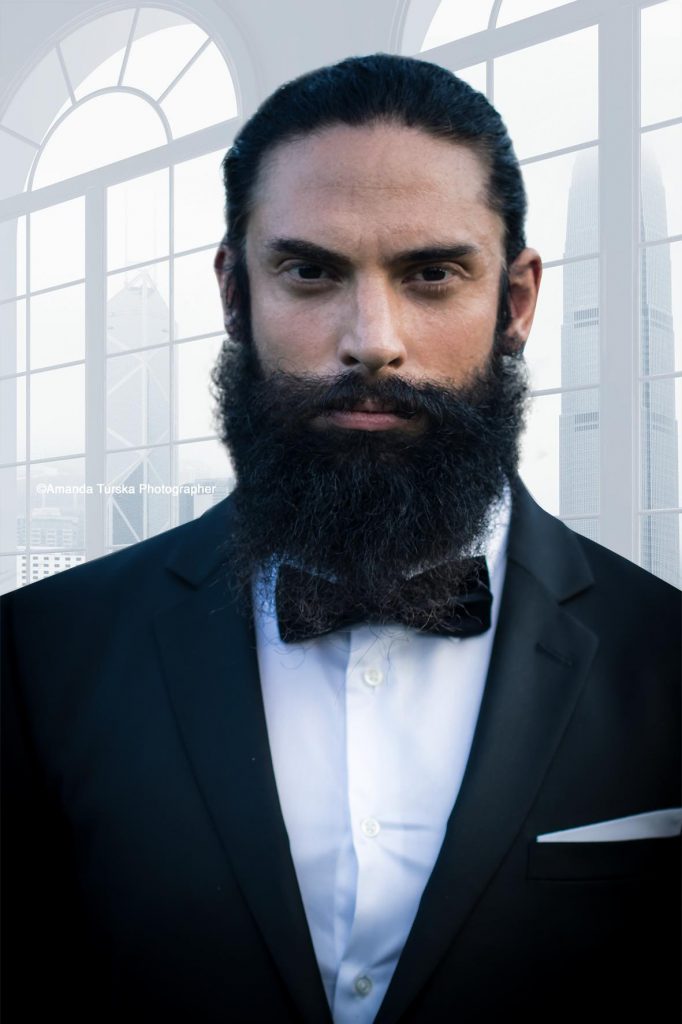
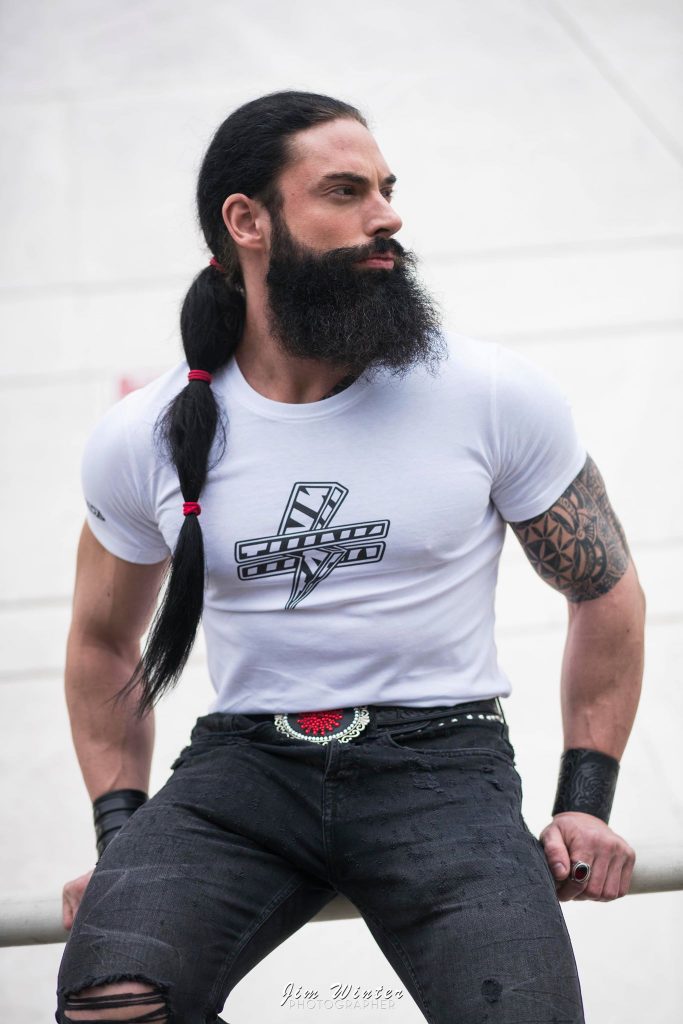 f advice you would like to leave our readers with?
f advice you would like to leave our readers with? 